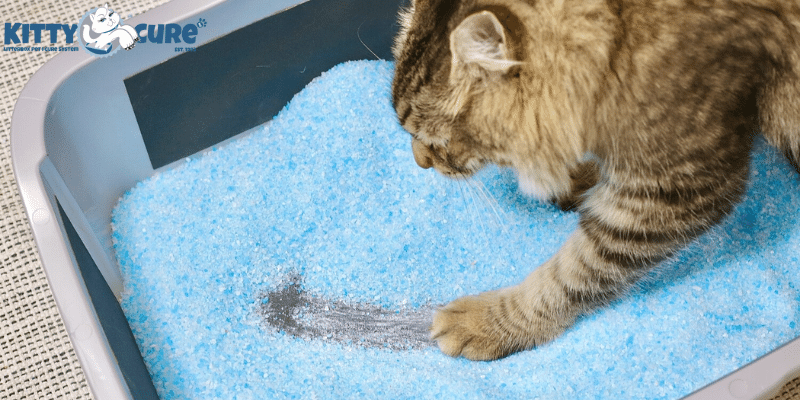As our beloved canine companions gracefully enter their senior years, they may encounter the challenges associated with aging, including the onset of arthritis. Arthritis in dogs can lead to discomfort, reduced mobility, and a diminished quality of life. In this comprehensive guide, we will explore the nuances of managing arthritis in aging dogs, offering practical tips for prevention, treatment, and providing the care necessary for our furry friends to enjoy a comfortable and fulfilling life in their golden years.
Understanding Canine Arthritis
Arthritis is a common degenerative joint disease that affects both humans and dogs. In dogs, arthritis typically occurs as a result of wear and tear on the joints over time. Factors such as genetics, obesity, joint instability, and previous injuries can contribute to the development of arthritis in aging dogs. The condition involves the inflammation of joints, leading to pain, stiffness, and a reduction in the range of motion.
Prevention Strategies
Maintain a Healthy Weight: Preventing or managing arthritis in dogs often begins with maintaining an optimal weight. Excess weight places additional stress on joints, accelerating the degeneration of cartilage. A balanced diet and regular exercise tailored to the dog’s age and health status are crucial components of weight management.
Regular, Low-Impact Exercise: While intense physical activities can exacerbate arthritis, regular, low-impact exercises are beneficial for joint health. Gentle activities such as swimming, short walks, and controlled playtime help maintain joint flexibility, strengthen muscles, and prevent obesity.
Joint Supplements: Supplements containing glucosamine and chondroitin sulfate are popular choices for supporting joint health in aging dogs. These compounds aid in the repair and maintenance of cartilage, potentially slowing down the progression of arthritis. Before introducing supplements, consult with a veterinarian to determine the appropriate dosage.
Identifying Arthritis Symptoms
Recognizing the signs of arthritis in dogs is crucial for early intervention. Common symptoms include:
Limping or Favoring a Limb: Dogs with arthritis often exhibit a limp or favor one limb over others.
Stiffness: Arthritic dogs may experience stiffness, especially after waking up or prolonged periods of rest.
Difficulty Rising or Sitting: Dogs with arthritis may struggle to rise from a lying position or sit down.
Reduced Activity: A decrease in overall activity levels, reluctance to engage in physical activities, and a noticeable change in behavior may indicate arthritis.
Joint Swelling and Warmth: Swelling and warmth around joints are observable signs of inflammation associated with arthritis.
If you notice any of these symptoms, consult with a veterinarian for a thorough examination and appropriate diagnostic tests.
Treatment Options
Medications: Veterinarians may prescribe medications to manage arthritis symptoms and improve the dog’s overall comfort. Nonsteroidal anti-inflammatory drugs (NSAIDs) are commonly used to reduce pain and inflammation. It’s crucial to follow the veterinarian’s recommendations regarding dosage and monitor for potential side effects.
Physical Therapy: Physical therapy, including massage, stretching exercises, and hydrotherapy, can be beneficial for dogs with arthritis. These interventions aim to improve joint flexibility, reduce muscle tension, and enhance overall mobility.
Weight Management: Maintaining a healthy weight is an ongoing aspect of arthritis management. A veterinarian can provide guidance on a suitable diet and exercise plan tailored to the dog’s specific needs.
Joint Injections: In cases of advanced arthritis, veterinarians may recommend joint injections, such as corticosteroids or hyaluronic acid, to alleviate pain and inflammation. These injections are administered directly into the affected joints for targeted relief.
Acupuncture and Alternative Therapies: Acupuncture and other alternative therapies, such as laser therapy or chiropractic care, may offer additional relief for arthritic dogs. Consult with a veterinarian experienced in these modalities to explore suitable options for your canine companion.


Providing Comfort and Support
Comfortable Bedding: Investing in a comfortable, orthopedic bed can significantly improve the well-being of arthritic dogs. The supportive surface cushions joints and provides relief from discomfort during rest.
Warmth: Keeping arthritic dogs warm is essential, especially in colder weather. Consider using heated blankets or placing the dog’s bed in a warm and draft-free area to alleviate stiffness.
Assistive Devices: For dogs with severe arthritis, assistive devices such as ramps, stairs, or harnesses can aid in mobility and reduce strain on joints. These devices make it easier for dogs to access elevated surfaces or navigate stairs.
Regular Veterinary Check-ups: Regular veterinary check-ups are crucial for monitoring the progression of arthritis and adjusting treatment plans accordingly. Veterinarians may recommend additional interventions or modifications based on the dog’s health status.
Conclusion
Managing arthritis in aging dogs requires a proactive and multi-faceted approach. By focusing on prevention, early identification of symptoms, and implementing appropriate treatment strategies, pet owners can significantly enhance the comfort and quality of life for their canine companions. Additionally, providing ongoing care, support, and a loving environment ensures that dogs with arthritis can continue to enjoy a fulfilling and happy life well into their senior years. As responsible pet owners, our commitment to understanding and addressing arthritis empowers us to be advocates for the well-being of our cherished four-legged friends.
















